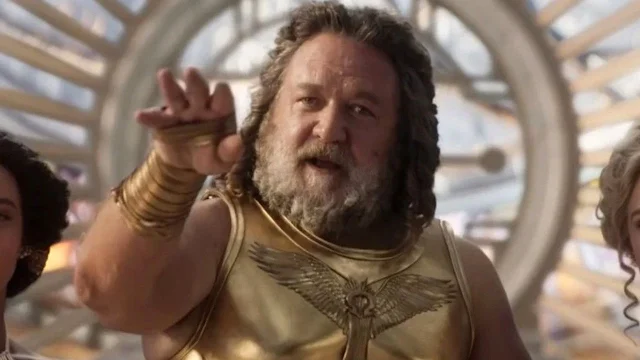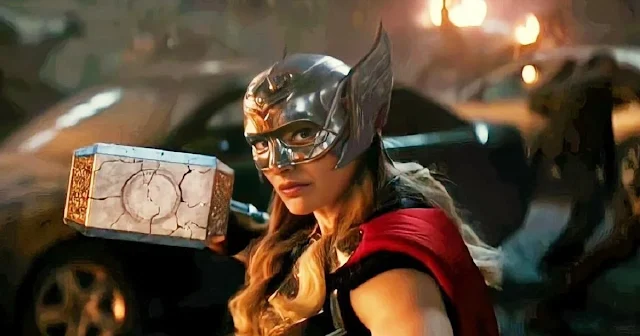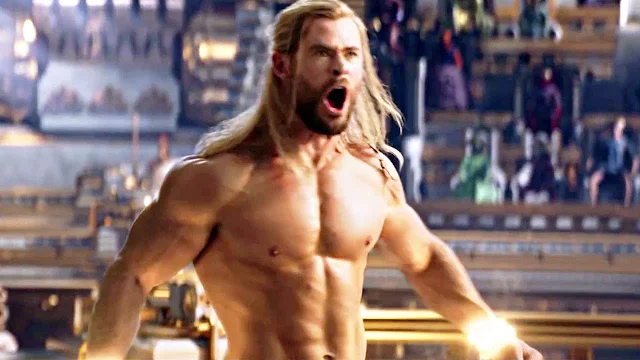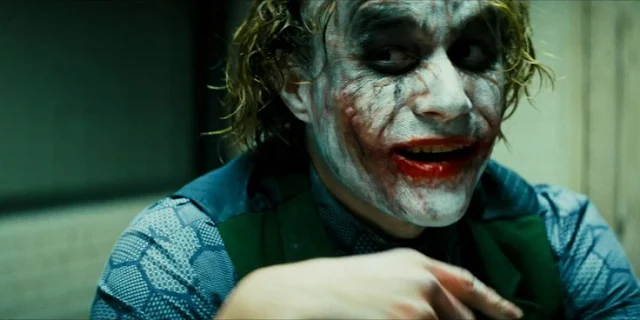 |
| Michael Caine, Scarlett Johansson, and Hugh Jackman in The Prestige |
Cast: Hugh Jackman, Christian Bale, Michael Caine, Scarlett Johansson, Rebecca Hall, Piper Perabo, David Bowie, Andy Serkis, Samantha Mahurin, Roger Rees, Ricky Jay, Daniel Davis, Jim Piddock, Christopher Neame.
Screenplay: Jonathan Nolan, Christopher Nolan,
based on a novel by Christopher Priest.
Cinematography: Wally Pfister.
Production design: Nathan Crowley.
Film editing: Lee Smith.
Music: David Julyan.
With his low-budget feature
Following (1998), Christopher Nolan showed a genius for making the preposterous plausible, and he followed it up well with
Memento (2000). But although he managed to get his footing again with
Inception (2010), after his excursion into the comic book world of Batman, in
The Prestige he lost control. It's a dark thriller about dueling illusionists with a sci-fi twist that seems to take to heart Arthur C. Clarke's assertion, "Any sufficiently advanced technology is indistinguishable from magic." As Nolan is careful to show from the outset, stage magic is technology-based, a careful use of low-tech apparatus like trap doors and collapsible cages that can prove accidentally deadly -- or intentionally so, as the sacrifice of several pigeons demonstrates, and the film's plot will exploit. But as the rivalry between illusionists Robert Angier (Hugh Jackman) and Alfred Borden (Christian Bale) heats up,
The Prestige wanders into the fancifully futuristic, a sort of molecular cloning technology devised by no less than Nikola Tesla (David Bowie). The problem for me -- if not for the fans who give
The Prestige an astonishingly high 8.5 ranking on
IMDb -- is that this insertion into the story of a real historical figure, who never crafted anything of the sort, is about as cheesy as turning Abraham Lincoln into a vampire hunter. It undermines the suspension of disbelief we need to appreciate the film's intricate plotting (complicated by Nolan's non-linear narrative technique) and enjoyable performances. I didn't get the exhilaration I expect from a thriller's twists and turns, but instead a kind of numb depression set in.



























